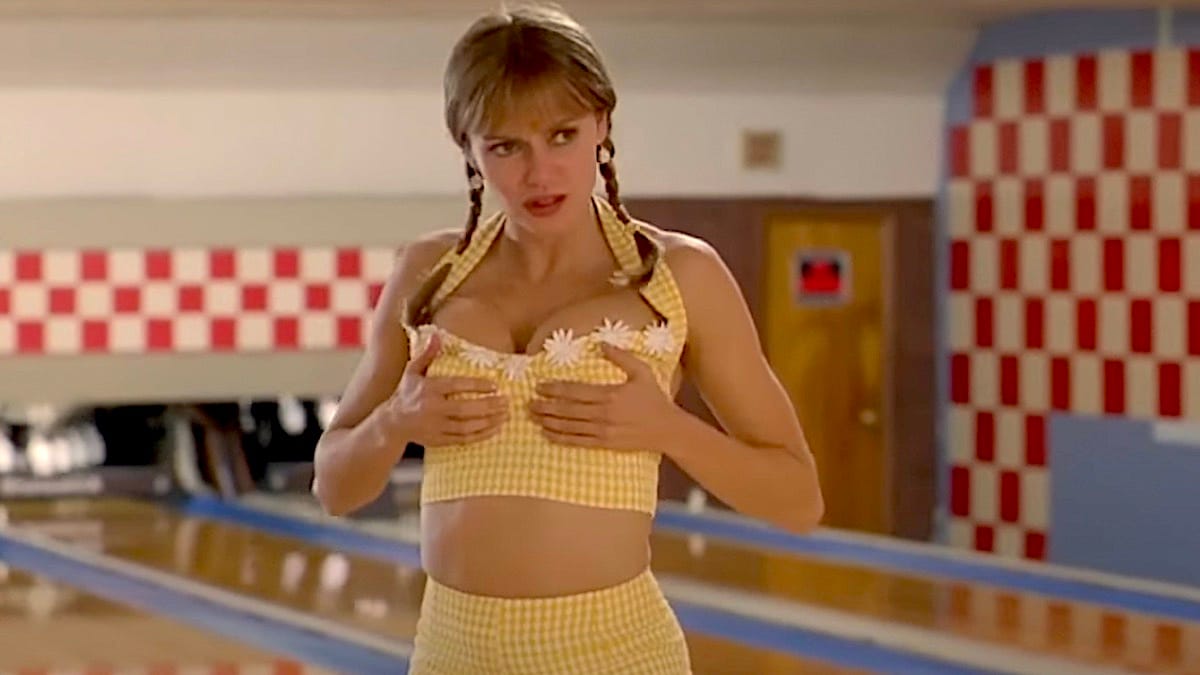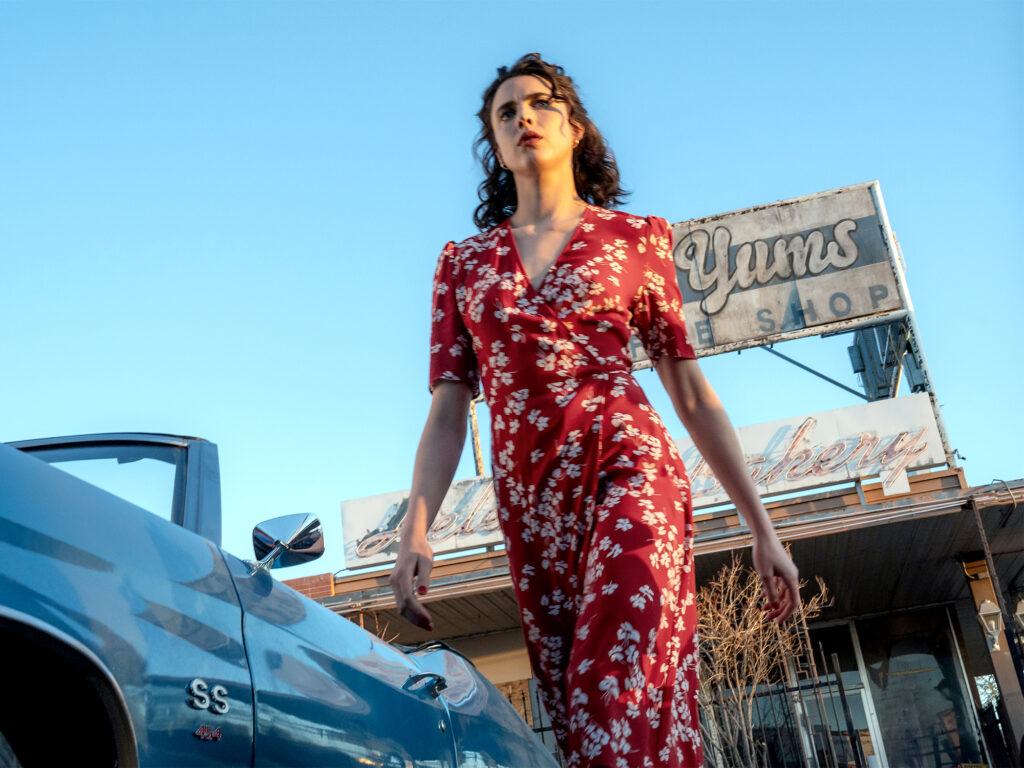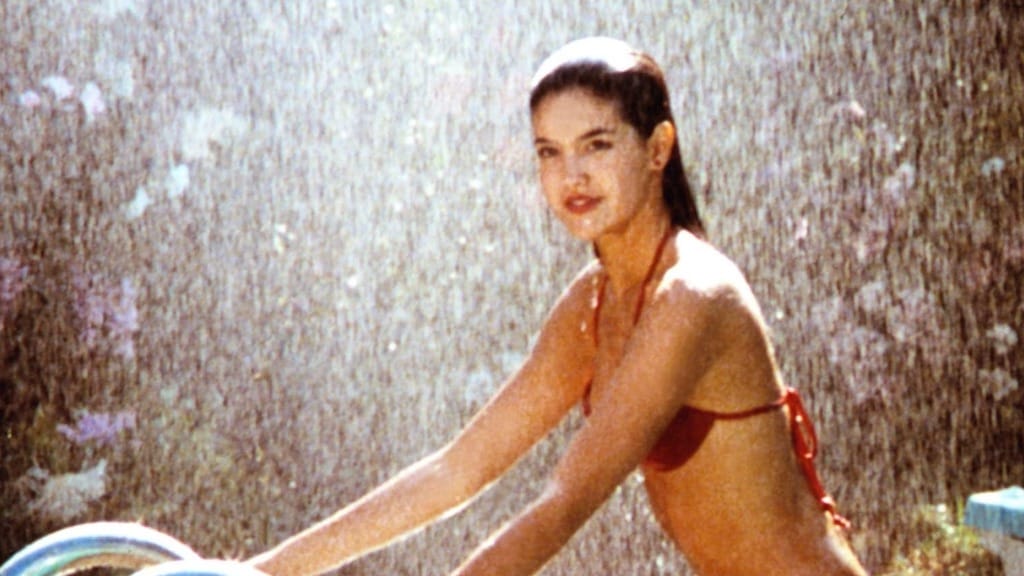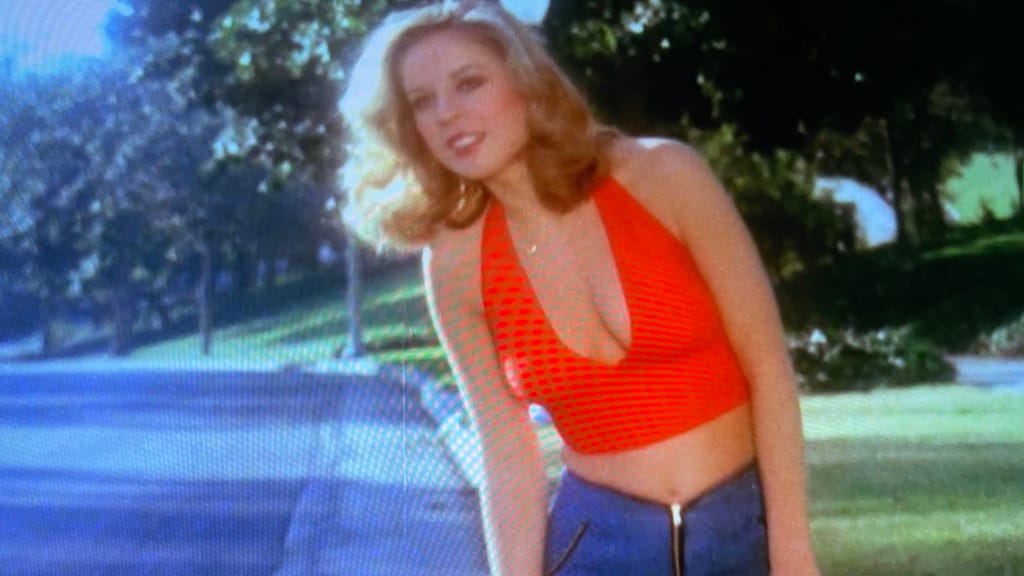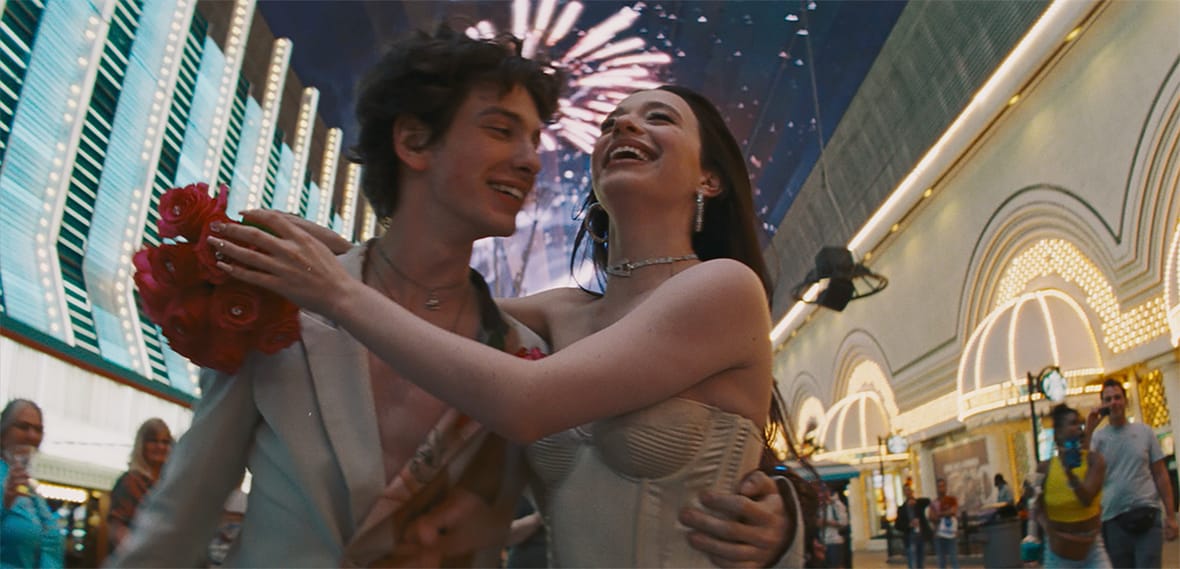Introduction
The hype was real leading up to the worldwide rollout of director Danny Boyle and writer Alex Garland’s long-awaited film, 28 Years Later, on June 19, 2025. 28 Days Later (2002), directed by Boyle and written by Garland, reinvigorated the undead sub-genre of horror by reimagining the concept of the zombie in a raw, visceral, and contemporary way. Unlike the traditional slow-moving, undead corpses popularized by George A. Romero’s ‘Dead’ films, Boyle’s infected were fast, feral, and driven by rage.
Shot on digital video, the film’s gritty, documentary-style visuals added a sense of realism and urgency. 28 Days Later also influenced a new wave of horror, paving the way for movies like Dawn of the Dead (2004), [REC] (2007), and World War Z (2013), all of which adopted the fast zombie trope and leaned into viral outbreak narratives. The sequel film, 28 Weeks Later (2007), didn’t capture the lightning in a bottle of its predecessor. And it also featured a new director (Juan Carlos Fresnadillo) and new writers. Still, it was largely seen as a commercial and critical hit.
The plan to make 28 Months Later was always there. But, like so many other projects, it was stuck in development hell. Mired in years-long battles as to who controlled the IP rights, all creative parties did what they always do. They moved on. In late 2022, however, Cillian Murphy (star of the original film), Boyle, and Garland put on a United front in their desire to see the third film finally get made. With Boyle directing, Garland writing, and Murphy acting as executive producer, we were off to the races. But was it worth the wait?

Synopsis
28 Years Later (repackaged from 28 Months Later) opens with a group of children in the Scottish Highlands watching an episode of the “Teletubbies.” Their enjoyment is interrupted when a horde of ‘rage’ infected flesh eaters bursts through the doors and windows of their cottage. The slaughter is brutal and quick. However, one child, Jimmy (Rocco Haynes), escapes, running to his father, a Priest, ready to embrace the salvation that is coming. Jimmy is given a crucifix and told to run before his father – the Father – is overtaken and consumed by the undead.
Forward to…28 Years Later (keeping in line with the first two films), and we are transported to a water-surrounded little hamlet in Northumberland, England, called Holy Island. There, 12-year-old Spike (Alfie Williams) resides with his mother, Isla (Jodie Comer), and father, Jamie (Aaron Taylor-Johnson). Isla suffers from ‘episodes’ that periodically send her into hallucination-like states. Spike and his father leave the safety of Holy Island to go on a foraging mission (via a long causeway) on the mainland—mistake number one.
While Jamie is content to live humbly in this new communal society, young Spike knows that Mom needs a doctor. The only way to find one is for the pair to venture back to the mainland and seek out the fires that burn in the distance. There, the apparently crazy Dr. Kerson (Ralph Fiennes) awaits, covered in iodine. Along the way, there will be rage-infected ‘runners’ trying to stop Spike from saving his mom. Boyle and Garland have also come up with bloated and crawling ‘Slow Lows” and steroidal and evolved Alphas to make things all the more horrifying and difficult.
https://www.youtube.com/watch?v=mcvLKldPM08
Discussion
Like most undead films, their writers and directors love to inject their product with social commentary. George Romero, Lucio Fulci, and Danny Boyle had plenty to say concerning the state of the world. In 28 Years Later, Boyle’s at it again with undertones to a post-COVID world and a post-Brexit Britain. The problem is that his third entry in the series just isn’t that interesting. It lacks the energy and excitement of the first film. It also doesn’t help that Aaron Taylor-Johnson’s character is wholly unlikable and makes one bad decision after another.
On the plus side is Alfie Williams as Spike. He’s fantastic and will for sure be front and center in the 4th film, due out in 2026, titled 28 Years Later: The Bone Temple. Also, if you love Ralph Fiennes, then you won’t be disappointed. Fiennes and Williams take over the final third of the movie. They elevate what was, essentially, a coming-of-age/family melodrama for the first hour. Jodie Comer as Isla is fine. But she seems like she’s in a different film. Which is understandable, considering she’s mentally checked out for much of this one.
There’s no denying that Boyle is a master filmmaker. He filmed 28 Years Later wholly on iPhones. Albeit tied into the most insane-looking camera rigs you’ve ever seen. Still, compared to the first film, which came out almost a quarter century ago, 28 Years Later doesn’t measure up. The colors are (purposely) muted and dull. And the set design is, for the most part, bland and unoriginal. A Swedish soldier (Edvin Ryding) joins the final third of the film for comic relief and, just when the characters seem to be finding their groove, he quickly disappears.

Conclusion
Maybe it’s that for the last twenty-five years we’ve been oversaturated with all things undead. Perhaps we simply expected a pair of OGs (Boyle and Garland), who are throwing their hat back into the ring, to deliver something truly unique and exceptional. 28 Years Later is a perfectly “OK” undead/horror movie. It’s got some top-notch camera work and fine acting. Especially Alfie Williams and Ralph Fiennes. However, to have one jump scare in the entire film shows you how much Boyle has changed direction.
It’s just not on the same level as the now beloved classic that is 28 Days Later, and not as “big” and epic as Juan Carlos Fresnadillo’s 28 Weeks Later. There’s also an ending scene in the new film that’s completely out of left field and off the rails. It’s a call back to the film’s beginning and sets up the sequel rather nicely. However, it likely will piss off some Boyle/Garland loyalists.
Currently, 28 Weeks Later has grossed about $67 million on a whopping $60 million budget. For some perspective, the original 28 Days Later made over $80 million on a minuscule $8 million budget. When all is said and done, this polarizing threequel will make its money back and then some. The fourth installment has already finished filming and has promised to bring back Cillian Murphy’s ‘Jim’ character in some fashion, with Murphy having a supposed major role in the third and final film in this new trilogy.
28 Years Later, starring Jodie Comer, Aaron Taylor-Johnson, Ralph Fiennes, and Alfie Williams, is directed by Danny Boyle, written by Alex Garland, and playing in theaters globally. It’s being distributed by Sony Pictures Releasing.
More from Cinema Scholars
ANKLE BITERS: A Review Of The Childish Horror Comedy
Cinema Scholars Reviews GHOSTBUSTERS: AFTERLIFE
Keep up with Cinema Scholars on social media. Like us on Facebook, subscribe on YouTube, and follow us on Threads, Instagram, and Bluesky
Related

